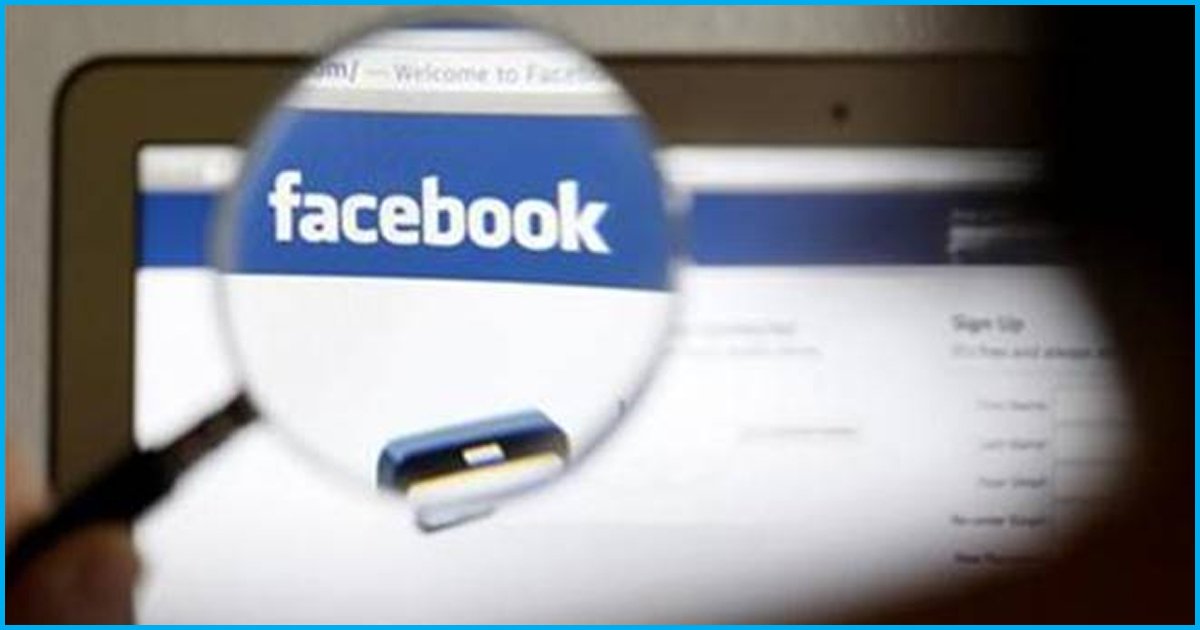
Facebook Begins Fact-Checking Photos & Videos To Reduce Fake News
30 March 2018 12:04 PM GMT
Facebook on March 29 announced that it has begun fact-checking photos and videos to check for possible hoax and false news. The fact-checking had already started in France from March 28. Facebook Inc (FB.O) has sought assistance from news organisations like Agence France-Presse (AFP) to solve one of the biggest problems that the social media website is facing right now.
Tessa Lyons, product manager at Facebook, in a briefing said that this would expand to more countries and partners.
Lyons refrained from divulging details on what criteria would be used to evaluate the photos and videos or on how much a photo could be edited in order to be called fake.
In the era of fake news
Facebook has found itself surrounded with controversies, ranging from complaints related to spreading fake news to the very recent issue of Cambridge Analytica where data of about 50 million users were harvested illegally to manipulate elections.
Mark Zuckerberg, Chief Executive Officer (CEO) and co-founder of Facebook had announced in January that they would prioritize “trustworthy” news by using member surveys in order to identify high-quality outlets.
Facebook has also tried other ways to curb this problem. One of the methods adopted was using third-party fact-checkers to identify fake news and give less prominence to them in News Feed when people share the links to them.
Lyons said that the fact-check of photos and videos was part of the “efforts to fight false news around elections.”
Another Facebook product manager, Samidh Chakrabarti said in the briefing that the company has begun to “proactively” look for election-related misinformation instead of waiting for reports from users.
Facebook’s chief security officer said that the company not only focuses on the false facts but also on other kinds of fakery. He said Facebook wants to reduce “fake audiences,” which he said are using “tricks” to artificially expand the perception of support for a particular message, as well as “false narratives,” such as headlines and language that may “exploit disagreements.”
On Thursday, shares of Facebook closed up 4.4% to a $159.79, which was a relief to the company after tumultuous two weeks. When the Cambridge Analytica data leak was disclosed, the shares of the company remained low by more than 13% from March 16.
 All section
All section













